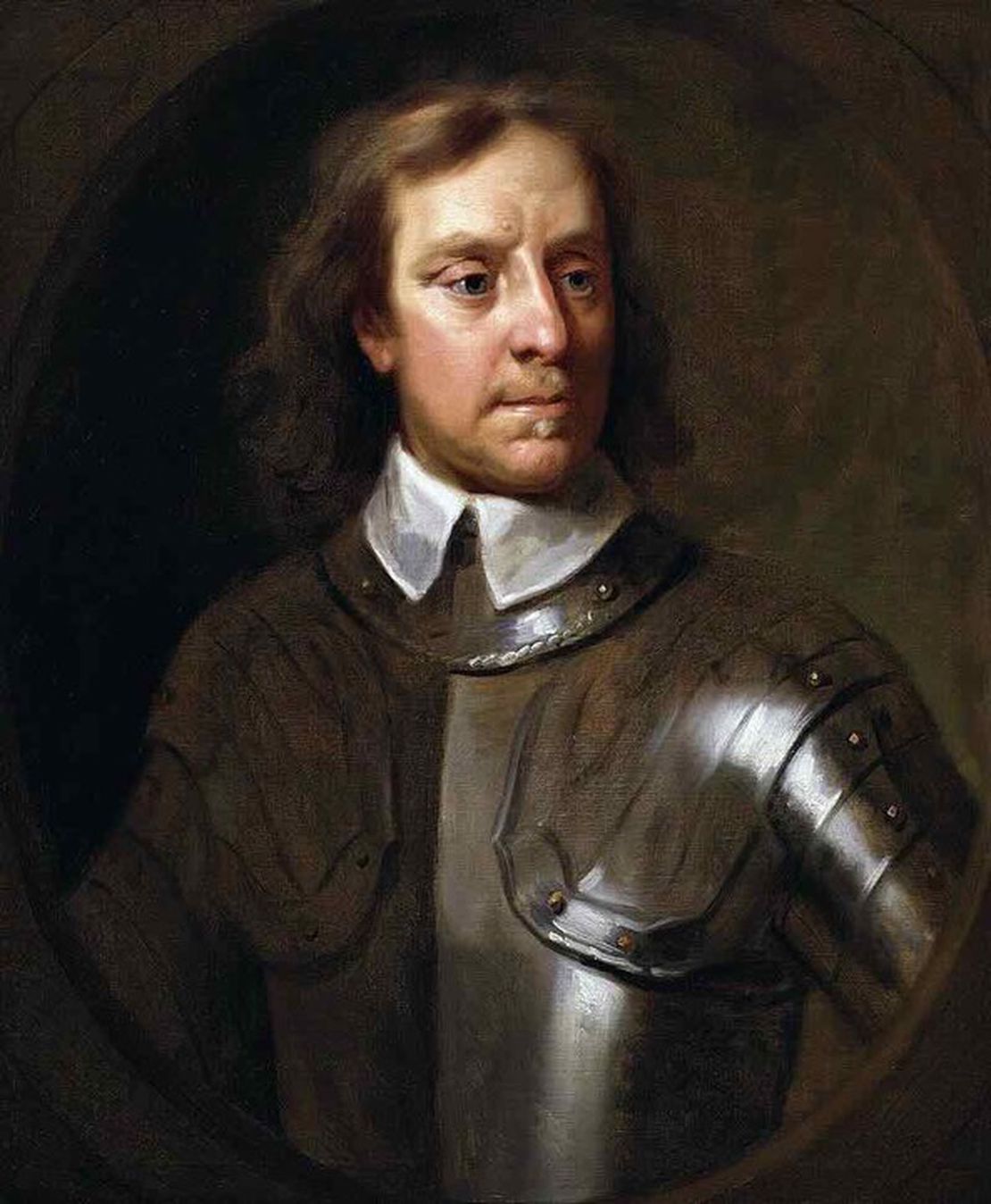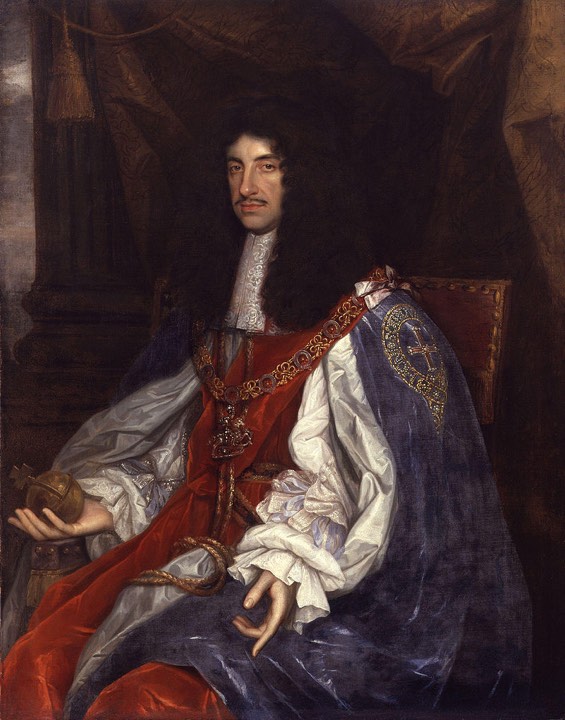- April 22, 1671
While Cromwell was master of England, the first of the famous Navigation Acts was passed. The English Navigation Acts were a series of laws which, beginning in 1651, restricted foreign shipping.
The first Navigation Act was passed in October 1651 by the parliament of the Commonwealth of England led by Oliver Cromwell. It was reaction to the failure of a British diplomatic mission to The Hague seeking a joining of the Commonwealth by the Republic of the Seven United Netherlands, after the States of Holland had made some cautious overtures to Cromwell to counter the monarchal aspirations of stadtholder William II of Orange.
The 1651 Act banned foreign ships from transporting goods from outside Europe to England, and banned ships from third countries from transporting goods from a country in Europe to England. These rules specifically targeted the Dutch who controlled a large section of Europes international trade and even much of Englands coastal shipping. It excluded the Dutch from essentially all trade with England, since the Netherlands produced very few goods itself. This trade, however, constituted only a small fraction of total Dutch transportation. Its common to mention the Act as a major cause of the First Anglo-Dutch War, though it was only part of a larger British policy to engage in war after the negotiations had failed. The British naval victories in 1653 (the Battle of Portland, the Battle of the Gabbard and the Battle of Scheveningen) forced the Dutch to acknowledge the Act in the Treaty of Westminster (1654). The Act seems to have had very little influence on actual Dutch trade practices.
A series of four acts, passed between 1662 and 1773, imposed further taxes and restrictions on trade with Englands, and after 1707, Britains colonies. This act lapsed 1681 but was reimposed in 1685. Smuggling constant under these regulations. The Irish were forbidden to import or export any colonial products directly to or from Ireland. All goods had to go through British ports. The Volunteers were also active in providing the military force to back up the Irish demands for trade concessions. They paraded through the streets of Dublin carrying cannons with signs hung on them which read, “Free trade or ______.”

 ← Catholic gentry present petition to Charles II
← Catholic gentry present petition to Charles II Philip van der Straten, sets up a factory in Kelso, thus starting the Border woolen industry →
Philip van der Straten, sets up a factory in Kelso, thus starting the Border woolen industry →